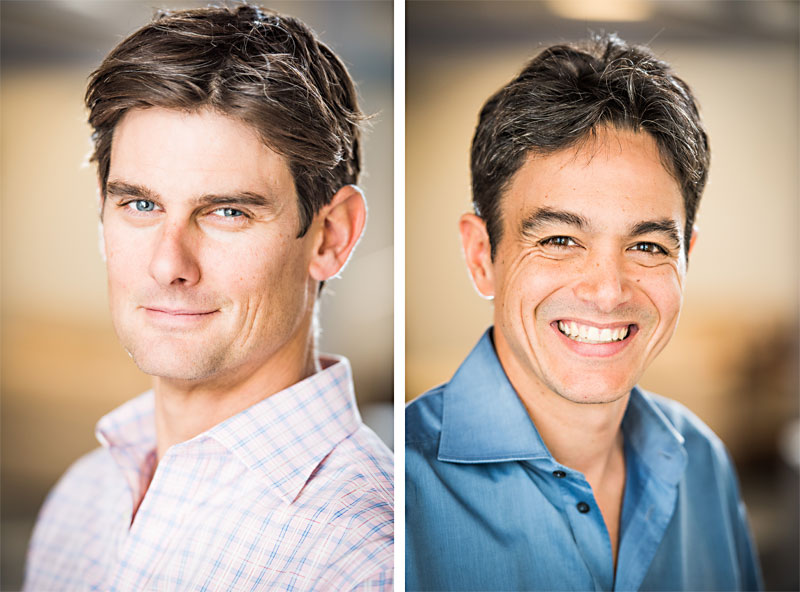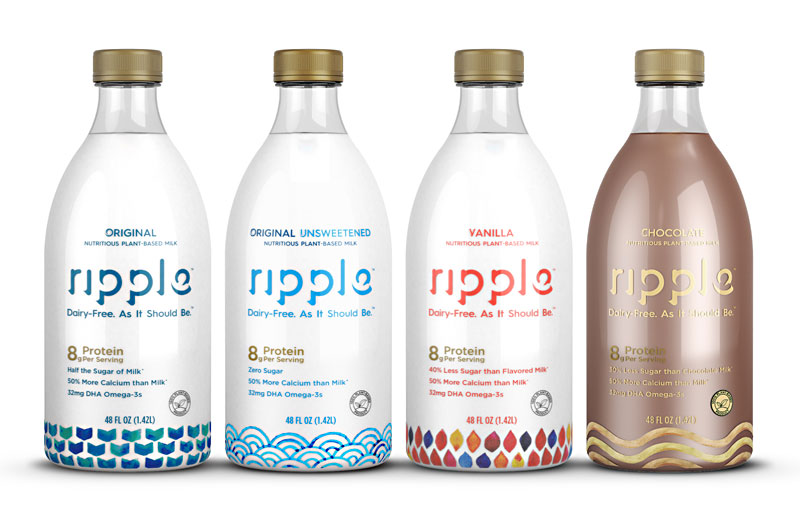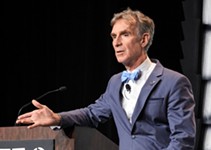SXSW Eco: A Better Milk When You Mind Your Peas
Sustainability + alternative milk = two peas in a pod
By Robyn Ross, Fri., Oct. 7, 2016
Stop snickering. Yes, "pea milk" is ripe for unappetizing puns. But the beverage, which hit the market earlier this year, sets a new standard for sustainability in the milk aisle. And for SXSW Eco attendees, it's an object lesson in advancing environmentalism by making a product with broad appeal. "My passion is bringing green to the mainstream instead of trying to pull the mainstream toward green," says co-founder Adam Lowry, who, along with his co-CEO Neil Renninger, will explain his approach in a Monday afternoon session.
The nondairy milk market – a $1.9 billion industry in 2015 – serves far more than the lactose intolerant. People drink alternative milks because they're watching their cholesterol or their weight, they prefer the taste, they want to avoid hormones, or they're weirded out by drinking milk designed for another mammal's young. A relatively small number buy it to save the planet.
Like many alternative milks, Ripple pea milk is far less resource-intensive than dairy. Cows have to eat massive amounts of plants to produce milk; those plants, in turn, require water and fertilizer. The methane from cow manure is a contributor to climate change and pollutes nearby air and water sources. And these environmental impacts are in addition to the effects on the cows themselves; since cows, like all mammals, must give birth to produce milk, their lives are a constant cycle of artificial insemination, pregnancy, birth, and then seeing their calves taken away to become veal.
Plant-based milks tend to be more sustainable, but Lowry says pea milk significantly raises the bar. Consider almond milk, which is made from nuts grown in California's Central Valley. Almonds are one of several water-intensive crops grown in a region experiencing extreme drought. Peas, on the other hand, grow in the upper Midwest, where there's more rain; plus, peas don't need nitrogen fertilizer, the production of which creates carbon emissions, and which disturbs ecosystems when it travels in runoff.
But Lowry says Ripple's goal isn't to capture the sliver of the market that drinks nondairy milks for environmental reasons. It's to make a highly sustainable product that scores well enough on other metrics – taste, nutrition, cute packaging – that mainstream consumers will buy it.
The sustainability movement is growing, but "it's still a tiny fraction of our broader consumer universe," says Lowry, who before Ripple co-founded green cleaning product company Method. "If what you're really after is impact, from a water, waste, and energy standpoint, then you can't ignore the fact that those of us who go to SXSW Eco are not the mainstream. I'm trying to get people to realize that we can't just design things that are more sustainable and expect that change is going to come. They need to be better first, and it's our job as designers to ensure that 'better' includes the most sustainable option as well."
An informal taste test by three frequent consumers of nondairy milk yielded a tentative thumbs-up for Ripple, which comes in plain, plain unsweetened, vanilla, and chocolate varieties. Ripple is thicker than almond or rice milk, with a bit of soy milk's beany-ness and a more neutral taste than coconut milk. The chocolate variety is thick and creamy and blends well with frozen bananas in a shake. With a little imagination the unsweetened plain could taste like dairy milk. It definitely doesn't taste like peas. Or pee.
Ripple co-founders Adam Lowry and Neil Renninger will present their "Dairy Freedom: Creating Healthy, Plant-Based Milks" on Monday, Oct. 10, 4:15-4:45pm, in Austin Convention Center Room 10AB.
Got something to say on the subject? Send a letter to the editor.











